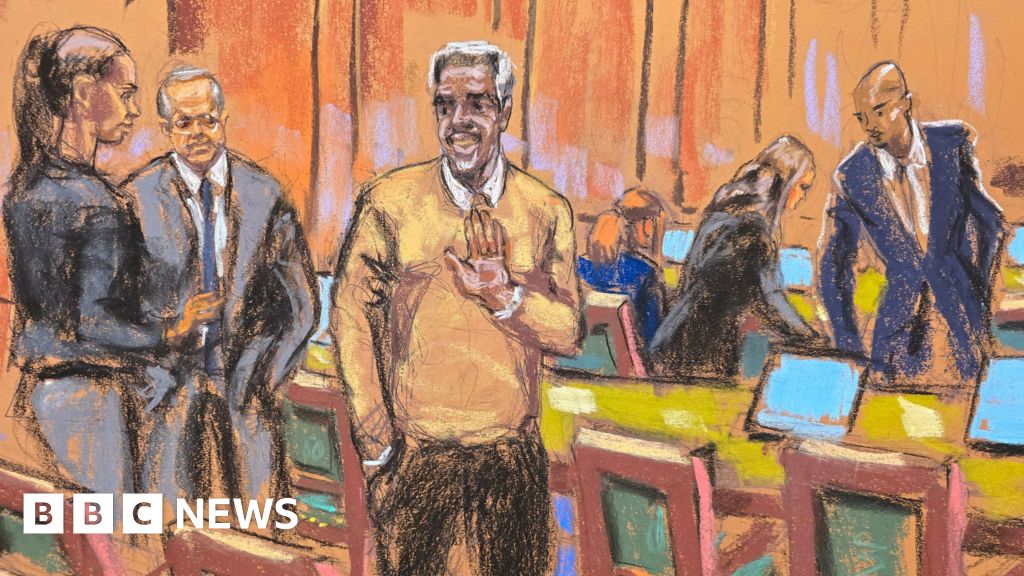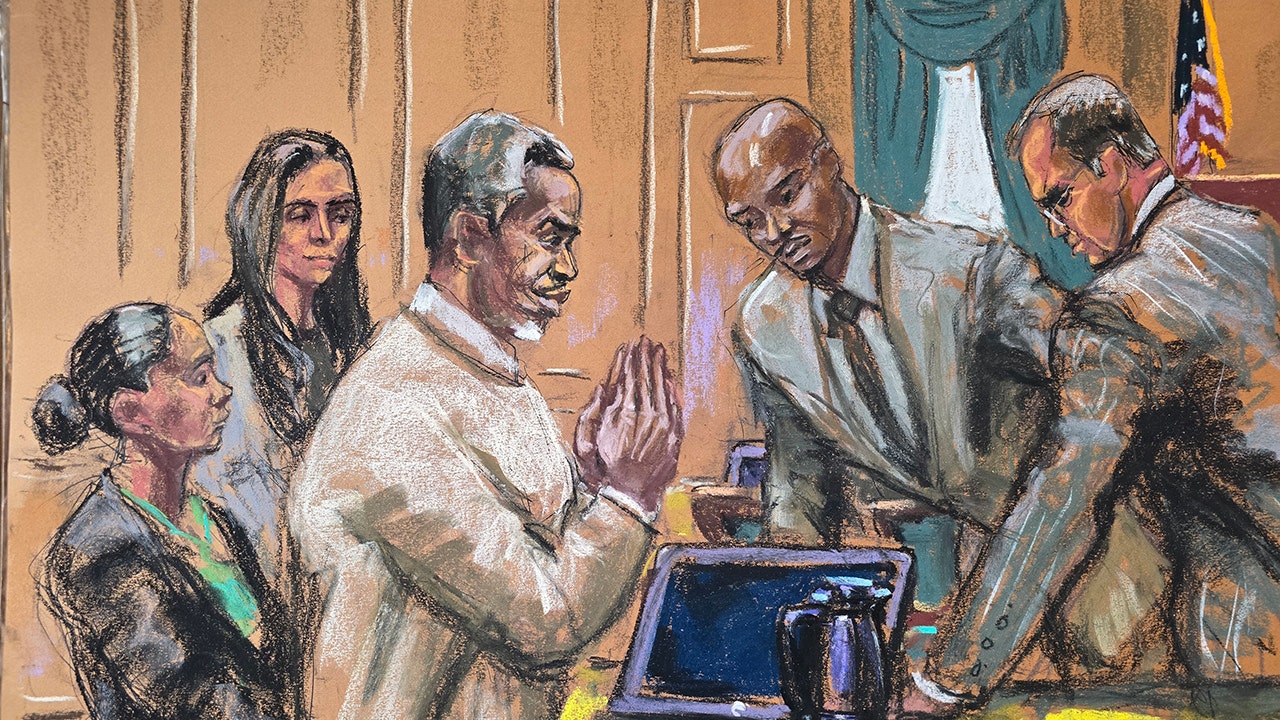Sean 'Diddy' Combs' Sex Trafficking Trial Concludes Arguments as Both Sides Rest Their Cases
Sean 'Diddy' Combs' trial on sex trafficking charges concludes as both prosecution and defense rest their cases, with Combs not testifying and facing potential life imprisonment.
Overview
- The prosecution and defense have both rested their cases in Sean 'Diddy' Combs' sex trafficking trial after minimal arguments and witness testimonies.
- Combs has pleaded not guilty to serious charges including sex trafficking, racketeering, and transportation to engage in prostitution.
- Prosecutors allege Combs used his business empire to run a criminal enterprise involved in various crimes, including sex trafficking and bribery.
- If convicted, Combs could face life in prison, with the trial now moving towards closing arguments after both sides have rested.
- Combs will not testify in his trial, and his defense did not call any witnesses, arguing the prosecution's case was unproven.
Content generated by AI—learn more or report issue.

Get both sides in 5 minutes with our daily newsletter.
Analysis
Center-leaning sources present a critical view of Sean Combs' trial, emphasizing the brevity of his defense and the prosecution's extensive case. They highlight allegations of serious misconduct while noting the unclear narrative from prosecutors. The framing suggests skepticism towards Combs' innocence, reflecting a bias against high-profile defendants.
Articles (18)
FAQ
Sean 'Diddy' Combs has pleaded not guilty to charges including sex trafficking, racketeering, and transportation to engage in prostitution.
Sean 'Diddy' Combs chose not to testify in his trial, and his defense team called no witnesses, arguing that the prosecution failed to prove its case against him.
The prosecution alleges that Sean 'Diddy' Combs used his business empire to run a criminal enterprise involved in sex trafficking, racketeering, and bribery.
If convicted, Sean 'Diddy' Combs could face life imprisonment based on the serious federal charges against him.
The defense claimed the prosecution failed to meet its burden of proof, stating that assistants only performed personal errands and had limited knowledge of any criminal activity, moving for a judgment of acquittal on all counts.
History
- 3h

 18 articles
18 articles
- 6h

 8 articles
8 articles
- 1d

 4 articles
4 articles
- 1d

 3 articles
3 articles














